PHOTO CREDIT: Oleg Petrasiuk, 2022
Decolonization in Focus
The Russian war against Ukraine has had innumerable impacts, from personal to political, local, national, and global. One of the many sea changes wrought by the war has been the reckoning within East European & Eurasian Studies over the outsized role Russia has played and continues to play in the field and what could and should be done about it. The invited panelists in this series will consider the relationships of power that have long dominated the region, how they have impacted the field of study, and what, if anything, could and should be done about it. The series will have six virtual panels featuring speakers from various disciplines and institutions. Panelists and participants will be encouraged to consider why decolonizing East European & Eurasian studies matters, how to implement concrete change in teaching, and how to conceive of the future of expertise within the field.
For further information on the sessions and the bios of all speakers, please follow the registration links for each session.
PANEL I. Decolonization: Why Does It Matter?
FRIDAY | FEBRUARY 3, 2023 | 12 - 1:30 PM EST
WATCH
MODERATOR:
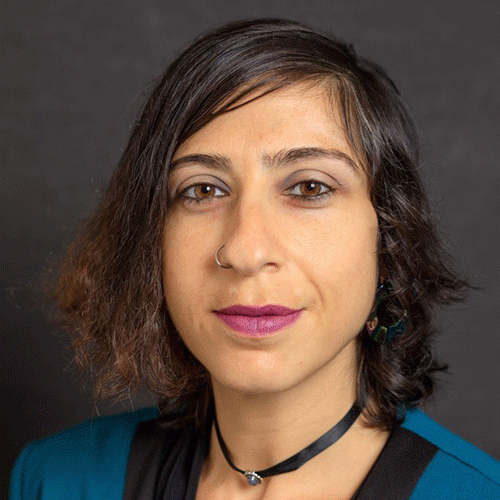
Tamar Shirinian
Assistant Professor
University of Tennessee
SPEAKERS:
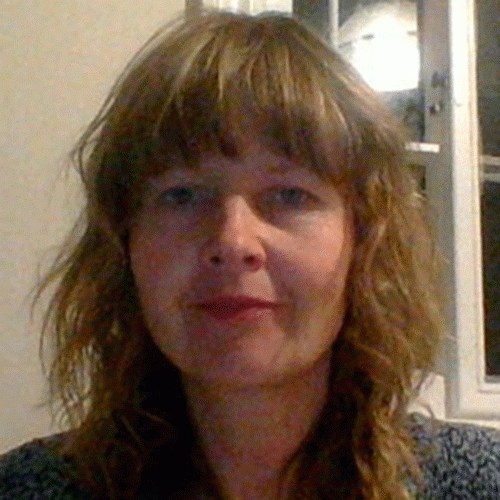
Epp Annus
Lecturer
Ohio State University
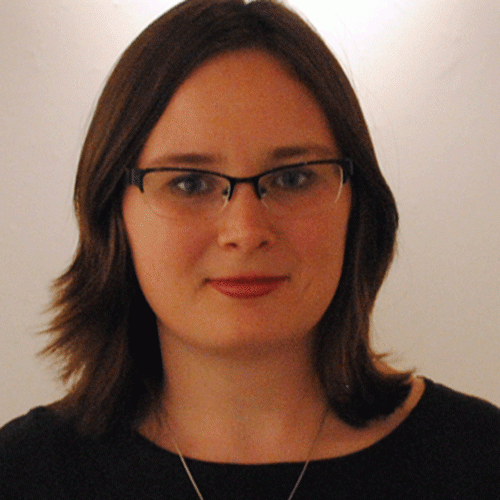
Svitlana Biedarieva
Art Historian, Curator, and Artist
Universidad Iberoamericana, Ciudad de México, and the Kyiv School of Economics
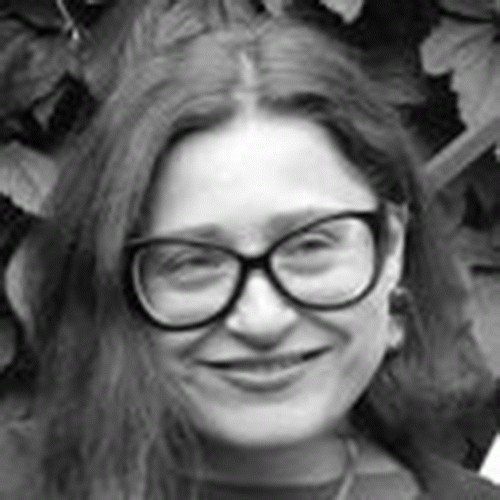
Marina Mogilner
Associate Professor of History
University of Illinois, Chicago
PANEL II. Discourse and Decolonization: Perspectives from Outside the Anglophone Academy
FRIDAY | FEBRUARY 10, 2023 | 12 - 1:30 PM EST
WATCH
MODERATOR:
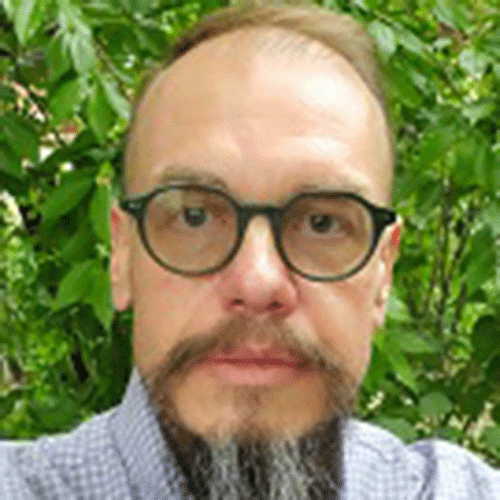
Vitaly Chernetsky
Professor of Slavic Languages and Literatures, University of Kansas
President-Elect, Association for Slavic, East European, and Eurasian Studies
SPEAKERS:
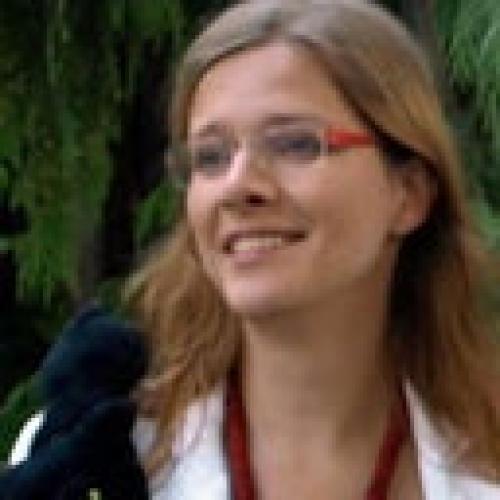
Katarzyna Górak-Sosnowska
Associate Professor of Economics
Warsaw School of Economics
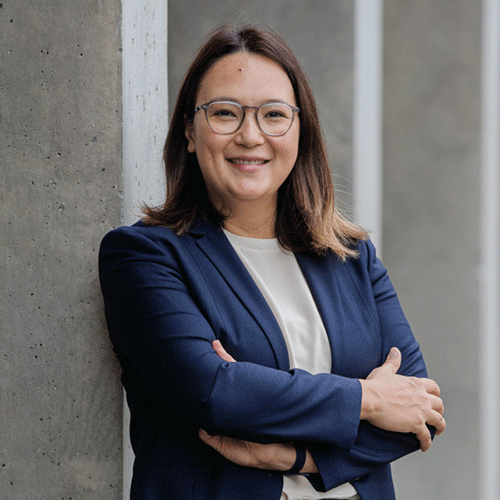
Botakoz Kassymbekova
Assistant Professor of History
University of Basel
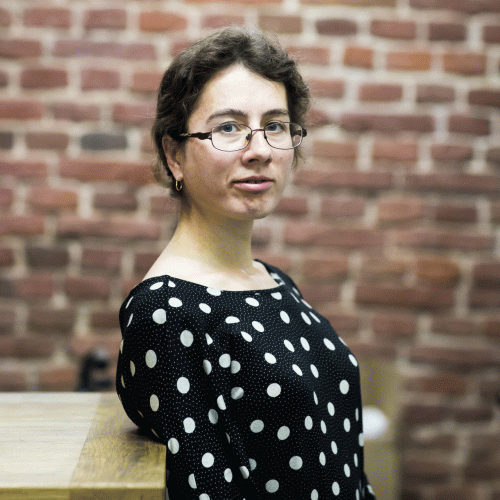
Iryna Sklokina
Historian and Researcher
Lviv Center for Urban History
PANEL III. Emerging Scholars on the State of the Field, Activism, and Advocacy
FRIDAY | FEBRUARY 24, 2023 | 12 - 1:30 PM EST
WATCH
MODERATOR:
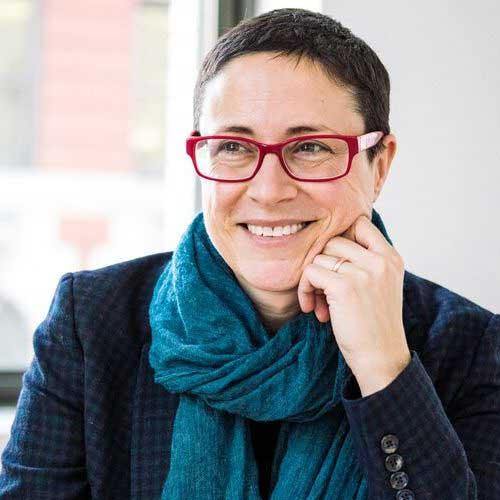
Jessica Pisano
Associate Professor
The New School for Social Research and Eugene Lang College
SPEAKERS:
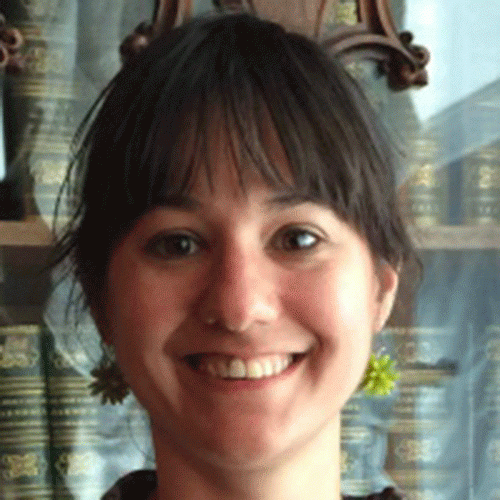
Amanda Zadorian
Visiting Assistant Professor of Politics
Oberlin College
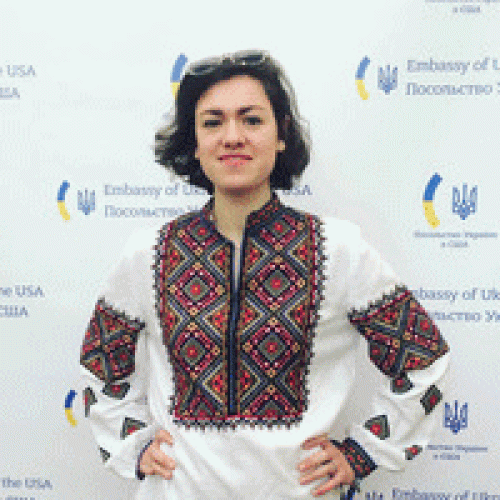
Mariia Shynkarenko
Ph.D. Candidate
New School for Social Research
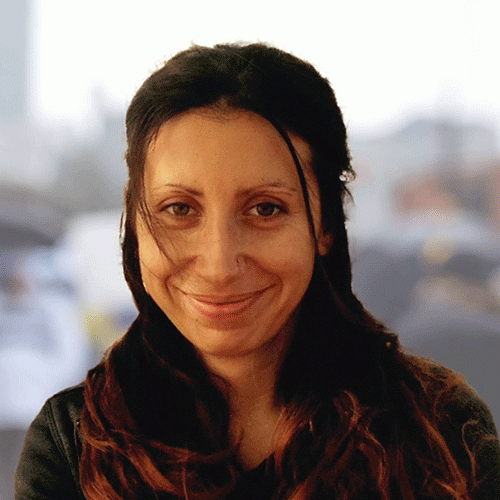
Karolina Koziura
Ph.D. Candidate
New School for Social Research
PANEL IV. Decolonization: Impact Beyond the Ivory Tower?
FRIDAY | MARCH 3, 2023 | 12 - 1:30 PM EST
WATCH
MODERATOR:
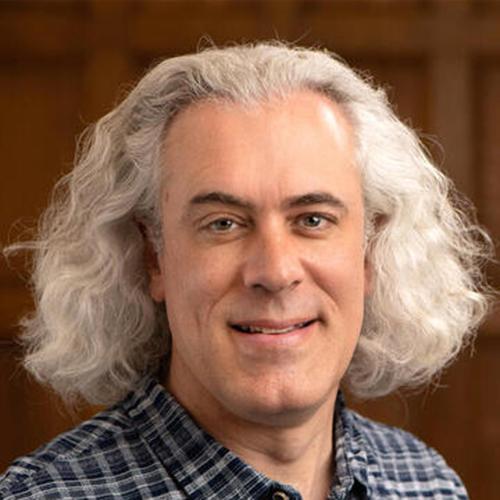
Douglas Rogers
Professor and Chair of Anthropology
Yale University
SPEAKERS:
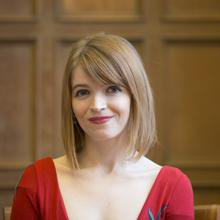 Anna Arays
Anna Arays
Librarian for Slavic and East European Studies
Yale University

Fatima Tlis
Journalist
Voice of America
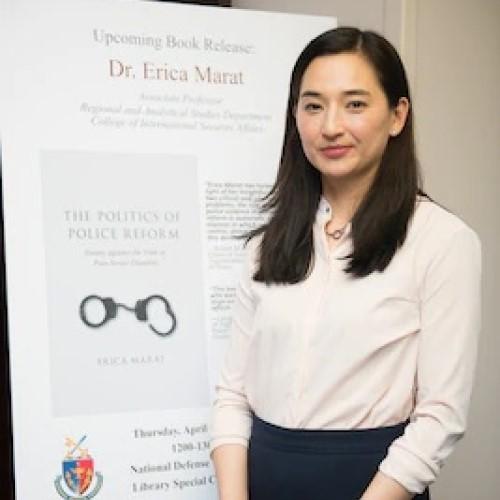
Erica Marat
Associate Professor and Chair, Regional and Analytical Studies Department
National Defense University
PANEL V. Syllabus Design and Critical Pedagogies in the Classroom: How Do We Teach Differently?
FRIDAY | MARCH 17, 2023 | 12 - 1:30 PM EST
WATCH
MODERATOR:

Caress Schenk
Associate Professor of Political Science
Nazarbayev University
SPEAKERS:
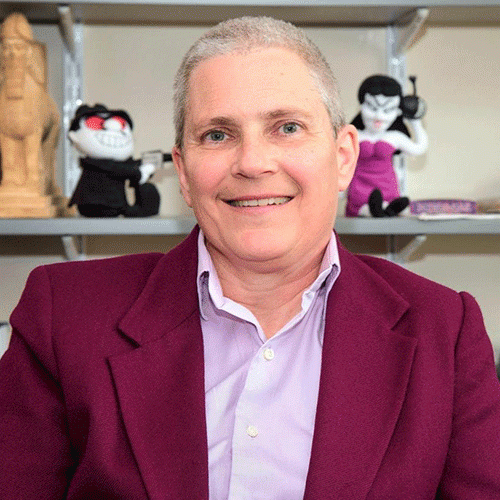
Shoshana Keller
Chair and William R. Kenan Jr. Professor of History
Hamilton College
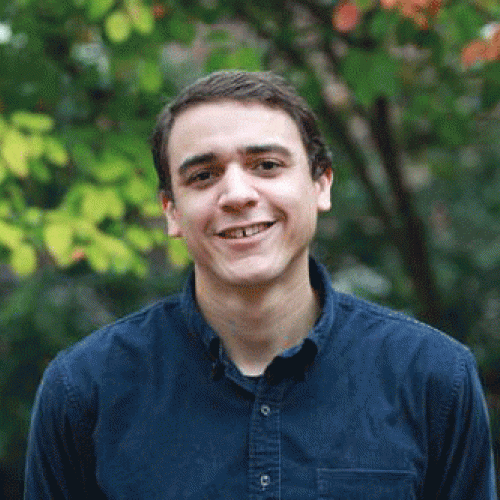
Louis Porter
Assistant Professor of History
Texas State University
PANEL VI. The Future of SEEES Expertise: How Can We Anticipate Tomorrow's Differences?
FRIDAY | MARCH 31, 2023 | 12 - 1:30 PM EST
WATCH
MODERATOR:
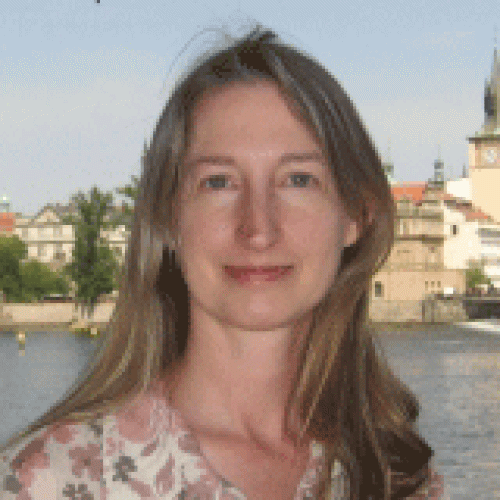
Juliet Johnson
Professor of Political Science, McGill University
President, Association for Slavic, East European, and Eurasian Studies
SPEAKERS:
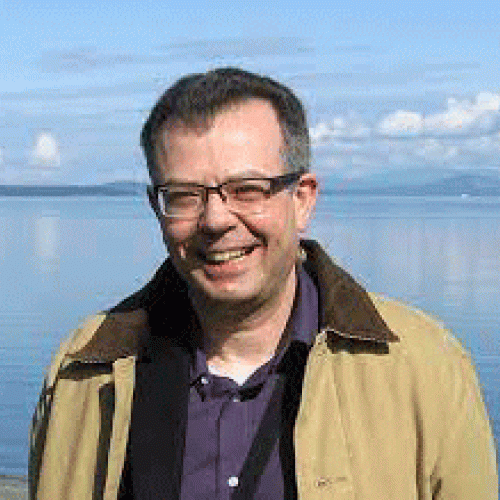
Ilya Gerasimov
Executive Director, Ab Imperio Quarterly
University of Illinois, Chicago

Ararat Osipian
Founding Fellow
New University in Exile Consortium, New York
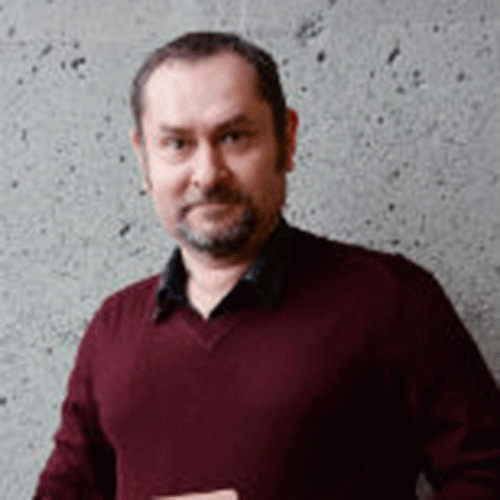
Serhy Yekelchyk
Professor of Germanic and Slavic Studies
University of Victoria
This series was developed and executed by the Center for Russian, East European, and Eurasian Studies at the University of Pittsburgh and the Davis Center for Russian and Eurasian Studies at Harvard University, with support from the Association for Slavic, East European & Eurasian Studies.
CO- SPONSORS:
Association for Slavic, East European, and Eurasian Studies
Center for East European and Russian/Eurasian Studies, University of Chicago
Center for Russia, East Europe, and Central Asia, University of Wisconsin-Madison
Center for Russian, East European, and Eurasian Studies, University Center for International Studies, University of Pittsburgh
Center for Russian, East European, and Eurasian Studies, University of Kansas
Center for Russian, East European, and Eurasian Studies, University of Michigan
Center for Russian, East European, and Eurasian Studies, University of Texas at Austin
Center for Slavic, East European, and Eurasian Studies, Ohio State University
Center for Slavic, Eurasian and East European Studies, UNC-Chapel Hill
Davis Center for Russian and Eurasian Studies, Harvard University
Harriman Institute for Russian, East European, and Eurasian Studies, Columbia University
Inner Asian and Uralic National Resource Center, Indiana University, Bloomington
Institute for European, Russian, and Eurasian Studies, The George Washington University
Institute of Slavic, East European, and Eurasian Studies, University of California, Berkeley
Robert F. Byrnes Russian and East European Institute, Indiana University, Bloomington

